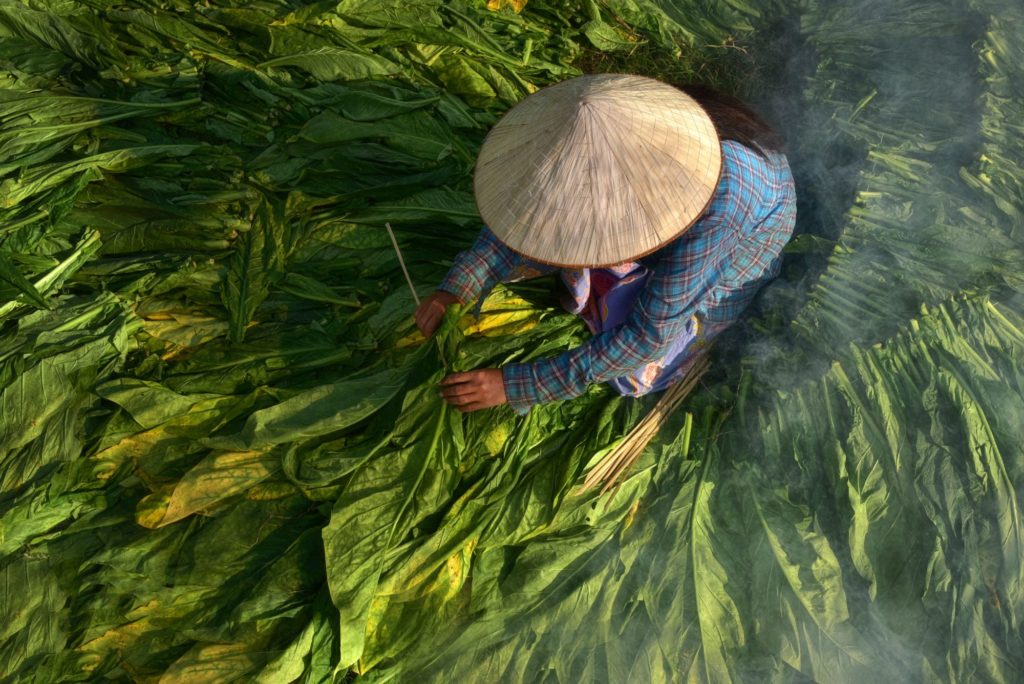While higher agricultural education focusing on conventional agriculture has contributed to the growth and modernization of production, it has often failed to manage the effects of climate change on agriculture and rural space. Universities have great potential to adjust their curricula and contribute to the prospects of rural communities where many people are employed in agriculture.
Between 2015 and 2018 the SIANI Expert Group Higher Education for Sustainable Agriculture (HESA) and Food Systems in Southeast Asia has contributed the Southeast Asian Nations (ASEAN) putting higher agricultural education for sustainable development on the agenda. Through the activities of the Group, a broader regional network has been created allowing for policy makers, senior officials from national government agencies, educational institutions, regional and international organisations to meet, discuss and develop policy briefs and strategies for enhancing higher education for sustainable agriculture. By cooperating with senior officials in ASEAN, the Southeast Asian Ministers of Education Organization (SEAMEO), UNESCO and the Office of Higher Education Commission (OHEC) of Thailand the Expert Group has brought agricultural education knowledge, expertise and reform suggestions to the agenda of the ASEAN Education Sector Policy Dialogue and Planning. For example through contributing to the ASEAN Work Plan on Education (AWPE).
If counting all co-organized national and regional activities within the network of the Expert Group, the number of direct beneficiaries are estimated to be more than 500 people. This network can now be built on to generate long-term regional funding proposals and programs supported by external donors, the complementary funds exceeding SIANI’s original funding.
